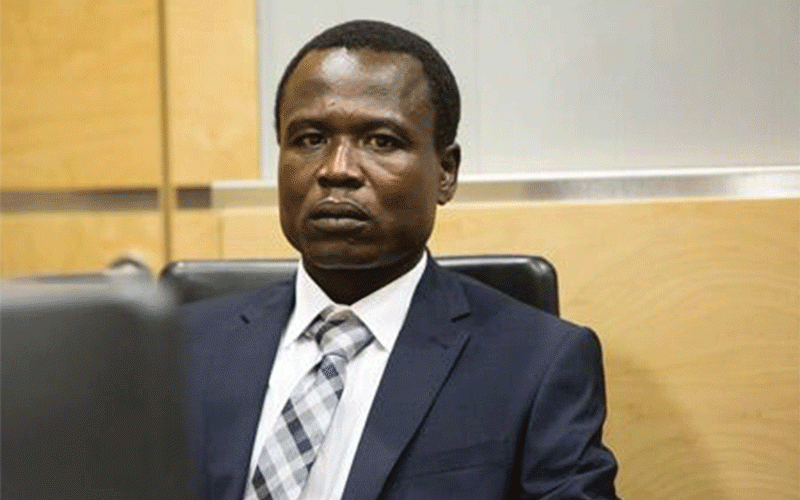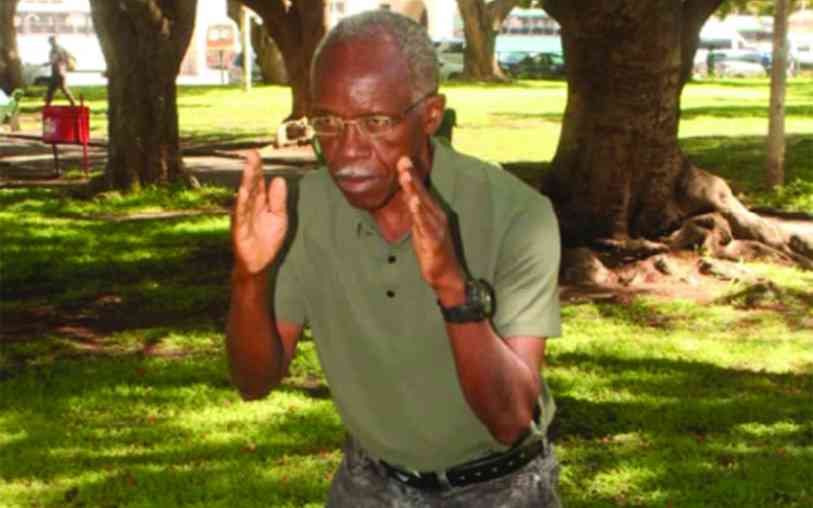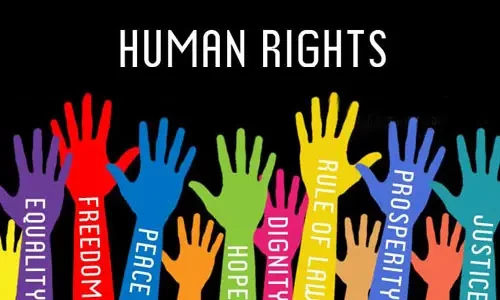
The International Criminal Court (ICC) has upheld its 25-year jail term against former Ugandan rebel commander Dominic Ongwen. In a decision delivered on December 15, the ICC Appeals Chamber confirmed, by majority, the punishment imposed in May last year.
Ongwen was the first Lord’s Resistance Army leader to be found guilty of the crimes which resulted thousands being killed or displaced in northern Uganda.
His commander and Lord’s Resistance Army founder, Joseph Kony is still at large. The US is offering up to US$5 million for information leading to his capture.
One of Kony’s tactics during the two decades of insurgency was the abduction and conscription of children into his army. Ongwen was about nine years only when he was abducted. Many of the former child soldiers surrendered to the Ugandan forces under an amnesty, and were reunited with their families.
In 2005, the ICC Pre-Trial Chamber II issued warrants of arrest for Kony, Ongwen and three other senior leaders of the Lord’s Resistance Army for war crimes and crimes against humanity committed in northern Uganda.
On May 6, 2021, the ICC sentenced him to 25 years’ imprisonment after finding him guilty of 61 counts of war crimes and crimes against humanity. He appealed against the jail term.
So why is the verdict on Ongwen’s appeal important to the African continent? There are four key reasons. The decision of the ICC Appeals Chamber:
lsets precedence on forced marriages and forced pregnancies,
- ICC upholds 25-year jail term for Ongwen — why it matters for Africa
- ICC upholds 25-year jail term for Ongwen — why it matters for Africa
- Conceptualising the competence of international system in Afrocentric lenses
- Conceptualising the competence of international system in Afrocentric lenses
Keep Reading
ladvances international jurisprudence,
ltackles the question of child soldiers; and
lunderscores the role of ICC member States.
Why it matters
Precedence on forced marriages and forced pregancies — The ICC Trial Chamber convicted Ongwen of sexual and gender-based violence crimes against seven women he held in custody. Unlike the crimes of enslavement, rape and sexual slavery, the crime of forced marriage is not explicitly set out in the Rome Statute.
Recognising and interpreting forced marriage as a separate crime against humanity was a critical step in achieving justice for the victims of sexual and gender-based violence at the Hague-based court.
The Trial Chamber indicated that:
The crime of forced marriage depends on the unlawful confinement of a (forcibly made) pregnant woman, with the effect that the woman is deprived of reproductive autonomy.
This interpretation implies that judges will henceforth be mindful of the vulnerability of women during armed conflicts.
Ongwen’s was also the first case where the ICC dealt with the crime of forced pregnancy. Equally important to note is the Trial Chamber’s emphasis of its expansive interpretation of the Rome Statute. It noted:
As with any crime, forced pregnancy must be interpreted in a manner that gives this crime independent meaning from the other sexual and gender-based violence crimes in the Statute.
The Appeals Chamber stresses the need to protect the woman’s reproductive health, including the right to family planning.
The implication is that prosecution for sexual and gender-based violence within armed conflicts and post-war contexts will most likely increase.
The pattern of violating a woman’s body cannot be overlooked, even in the context of armed conflict. The explicit recognition of Ongwen victims’ experiences of harm within the context of sexual and gender-based violence can address socio-cultural injustices against women in transitional contexts.
The ICC judgments in the Ongwen case are highly relevant for feminist legal scholars and proponents of gender-sensitive justice, viewed as an important precedent on reproductive autonomy and rights.
ICC, therefore, sets a good precedent for analysing the precarious situation of victims of sexual and gender-based violence. This will be helpful in conflicts like the Central African Republic, Democratic Republic of Congo, Ethiopia and South Sudan.
Criminal liability of former child soldiers — The decision on Ongwen provides an important precedent regarding the issue of child soldiers. It allows courts in other African contexts to differentiate between children as victims (child soldiers) and as perpetrators of crimes. The conscription of children into combat is still a challenge in contexts like the DRC.
As a result of this ICC precedent, African courts can no longer absolve former child soldiers from criminal liability for crimes committed after they rose to high command positions.
Support by member States is very crucial — The investigation, surrender and successful prosecution of Ongwen cost significant amounts of finances. It required support from the State and other actors. It shows the dependence of the ICC on member States’ co-operation to fulfil its mandate.
The Ugandan government, for instance, referred the Lord’s Resistance Army crimes to the ICC. It also actively engaged in investigations and providing evidence.
Going forward, proponents of international justice in Africa will need to engage ICC member States. They should also seek technical and financial support from donors and private stakeholders.
Victims, experts and academics made key contributions to this significant juArisprudence on sexual and gender-based violence in the Ongwen case.
For other African countries dealing with legacies of international crimes and war crimes, availability of adequate finances and technical expertise will be crucial.
Tonny Raymond Kirabira worked as a Visiting Professional in the Office of Public Counsel for Victims at the International Criminal Court in 2020. The views he expresses are his own, and not for the court or its affiliates.
Dennis Jjuuko is a Ugandan active in conflict resolution and peace-building especially in the Great Lakes Region of Africa.











